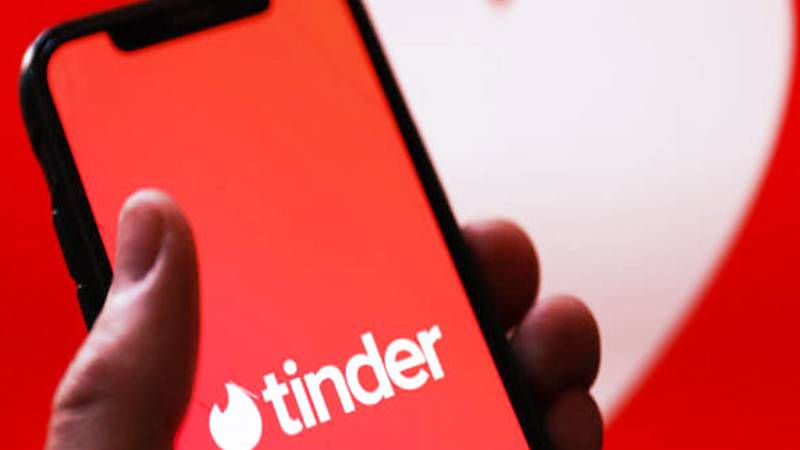
Tinder is adding stronger identification checks for UK users, which will compare a passport or driver's license to a video selfie.
Anyone who signs up for the optional system will receive a symbol on their profile that verifies their age and appearance.
The dating app has been frequently attacked by scammers.
The charity Victim Support welcomed the decision but noted that platforms such as Tinder needed to "go further."
"Ensuring ID verification is mandatory across all dating apps rather than optional would be more robust," said charity spokesperson Wayne Stevens.
"Romance fraud is a devastating crime, particularly because of the shame and stigma around it."
Deception, also known as catfishing, occurs when a person enters a relationship while pretending to be someone else.
Their purpose might be to trick someone into a romantic connection, generally with the intention of stealing money from them.
There have been calls for stronger measures to fight the practice.
Tinder says that the mechanism it is deploying will increase users' trust that the individuals they meet on the app are who they claim to be.
Users who validate a photo will receive a blue camera icon badge, while those who show their ID is valid will receive a blue ID icon badge. Anyone who completes both steps will receive a blue checkmark.
The system was implemented in Australia and New Zealand in 2023.
According to the company, people who elected to be verified in these countries had a 67% higher chance of finding a match than unverified users.
In addition to the UK, the tool will be available in the United States, Brazil, and Mexico.
It is not the app's first such endeavor; it has been downloaded over half a billion times and claims to be the "world's most popular app for meeting new people."
It has previously attempted to authenticate people through selfies and awarded blue checkmarks to celebrities.
This article was originally published on the BBC.
